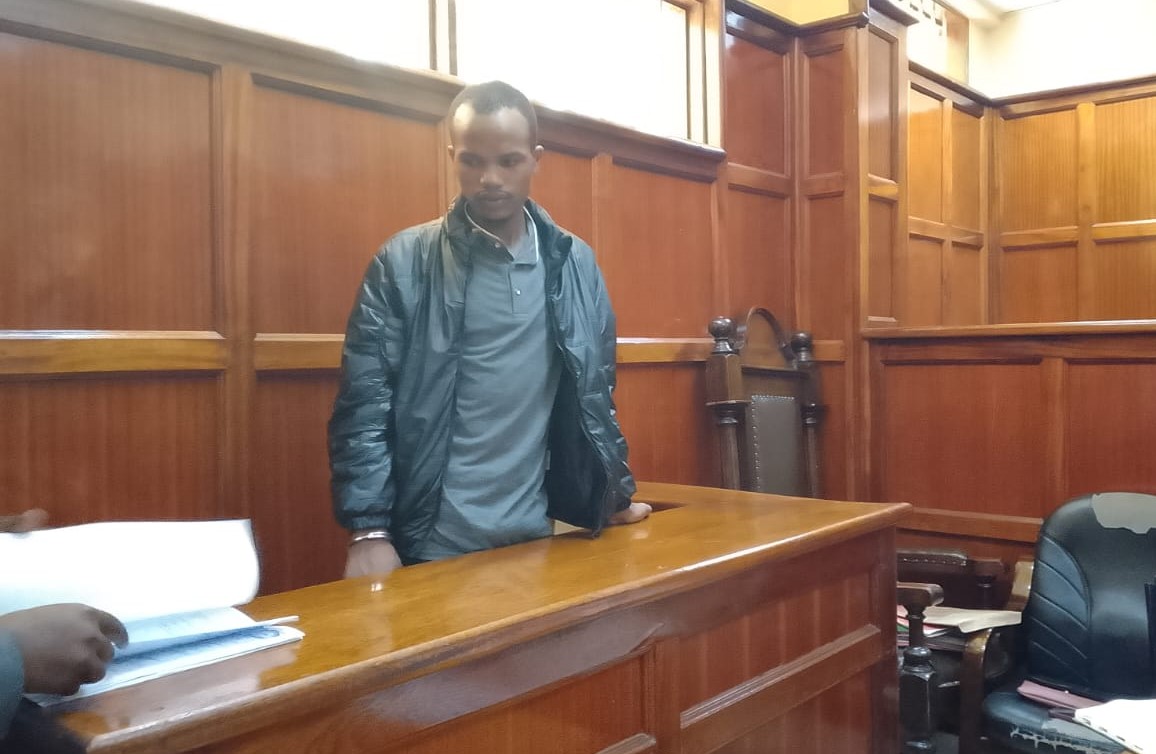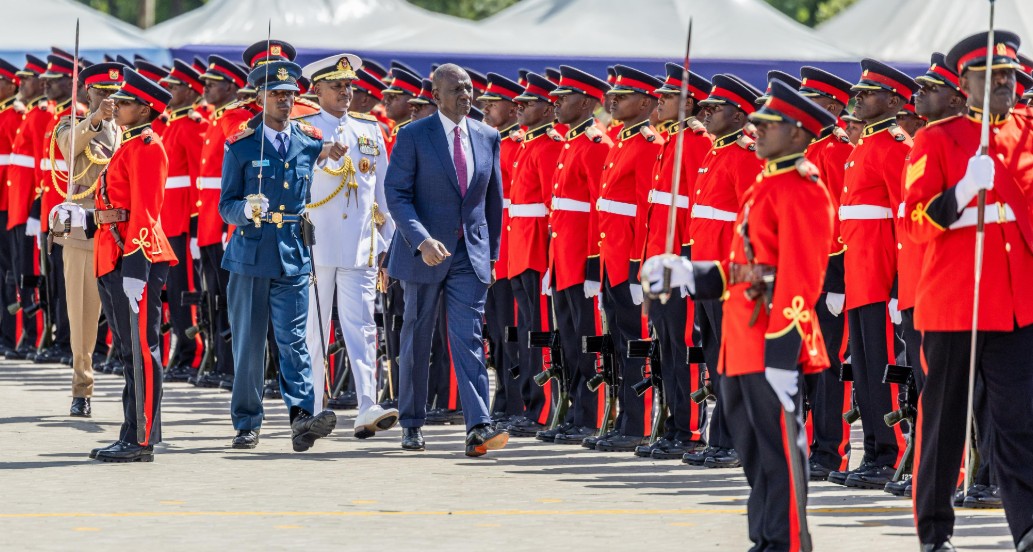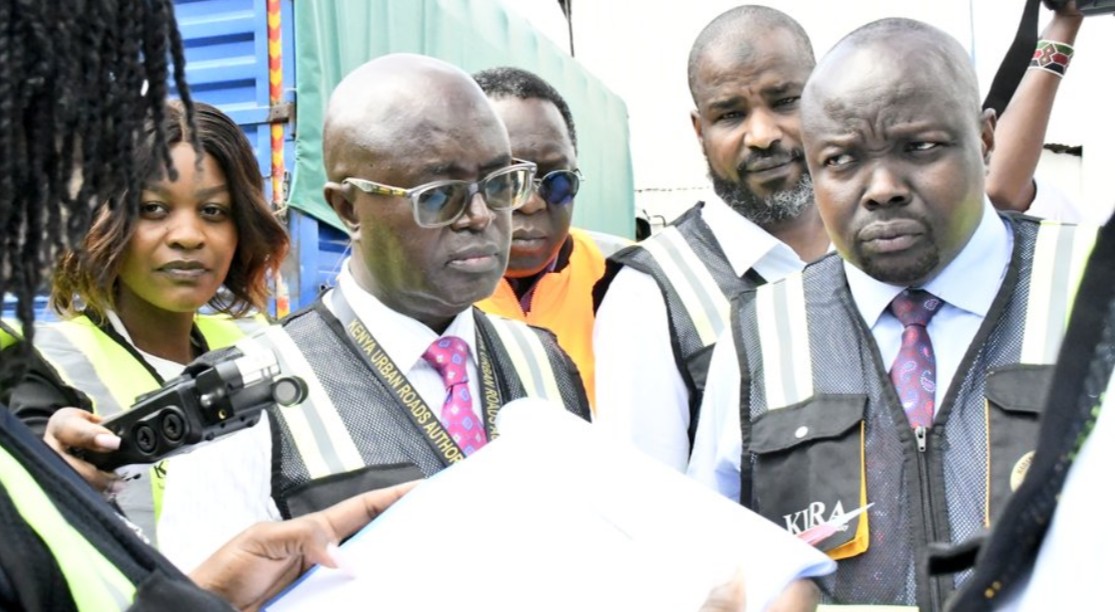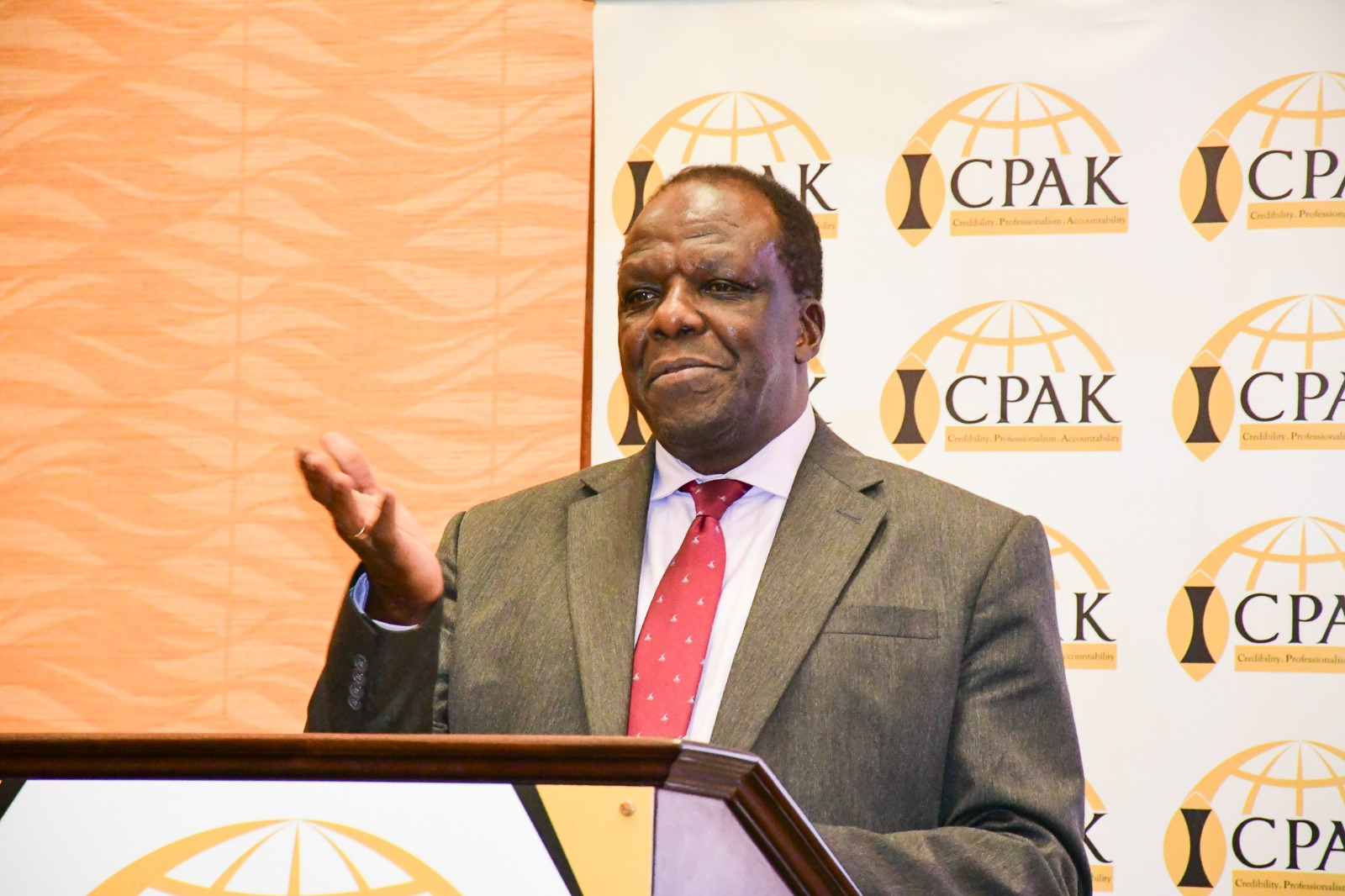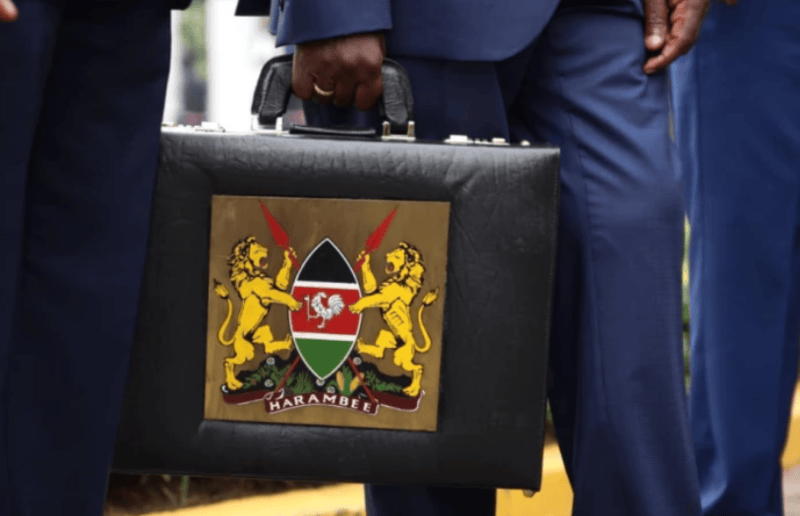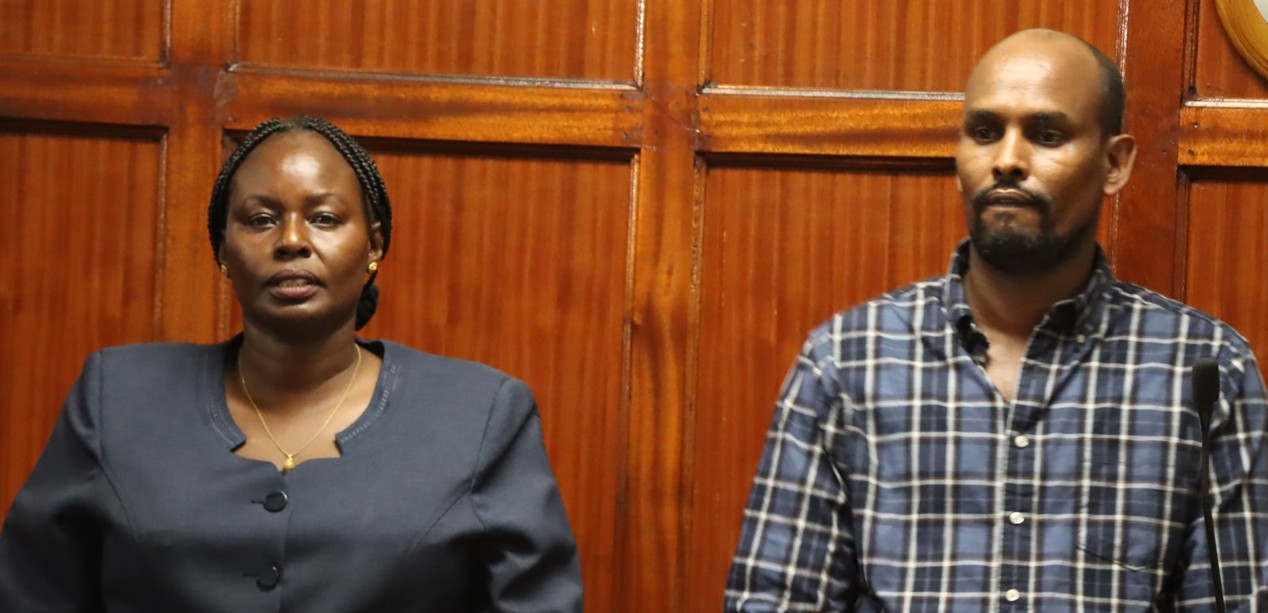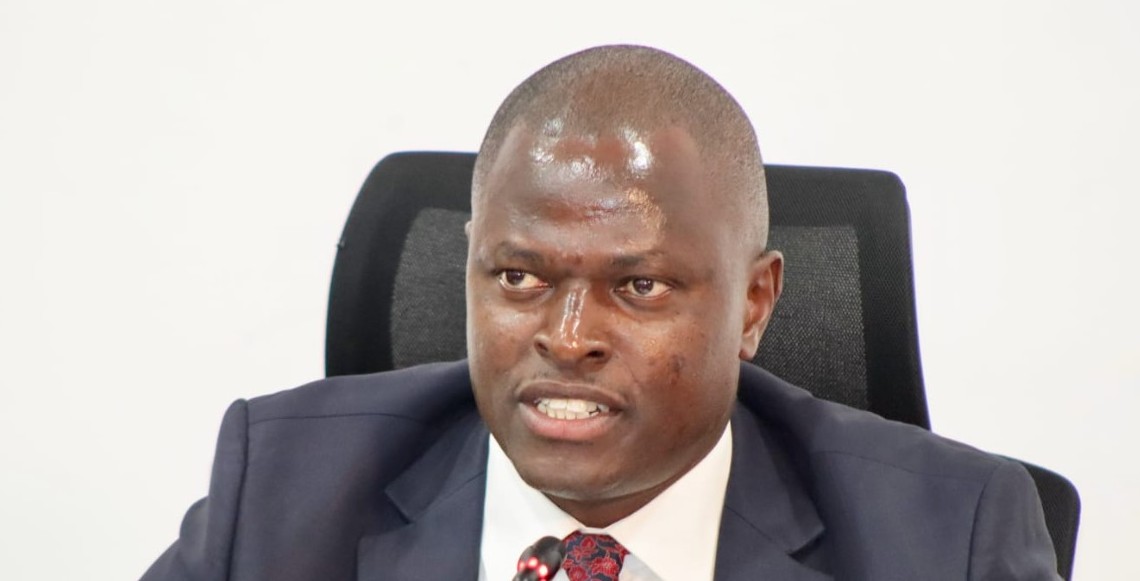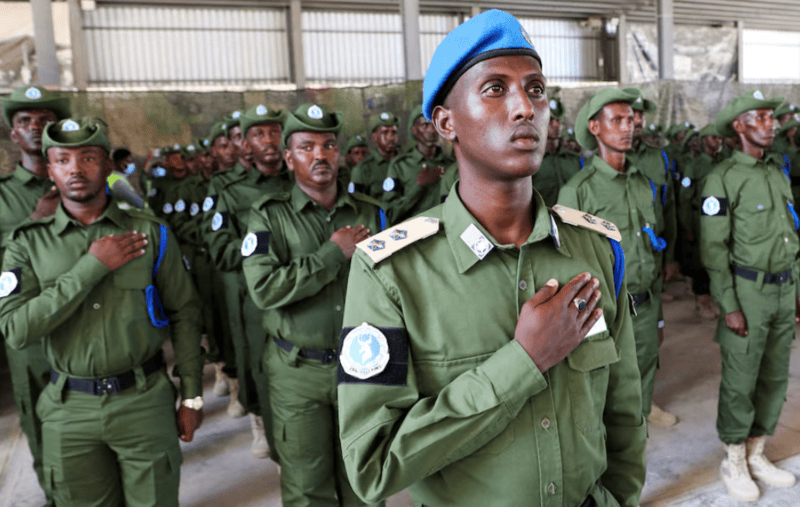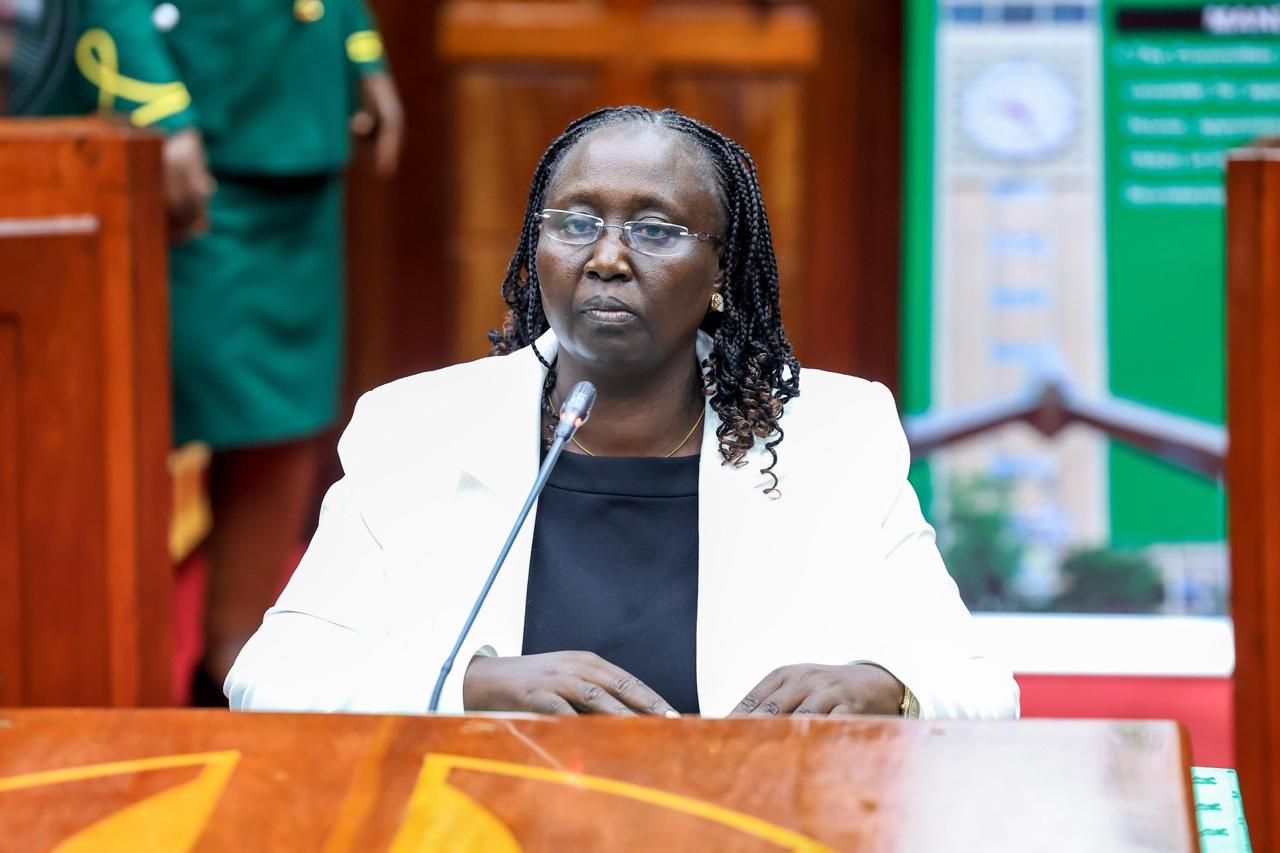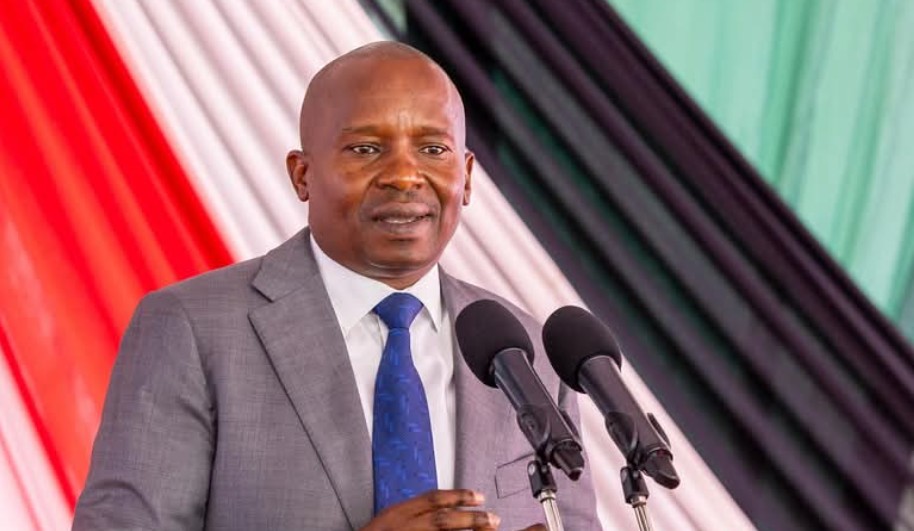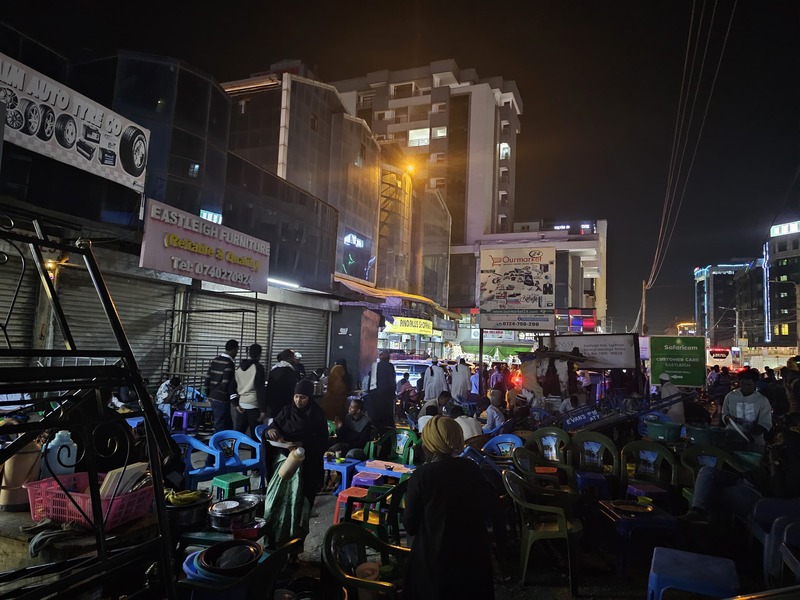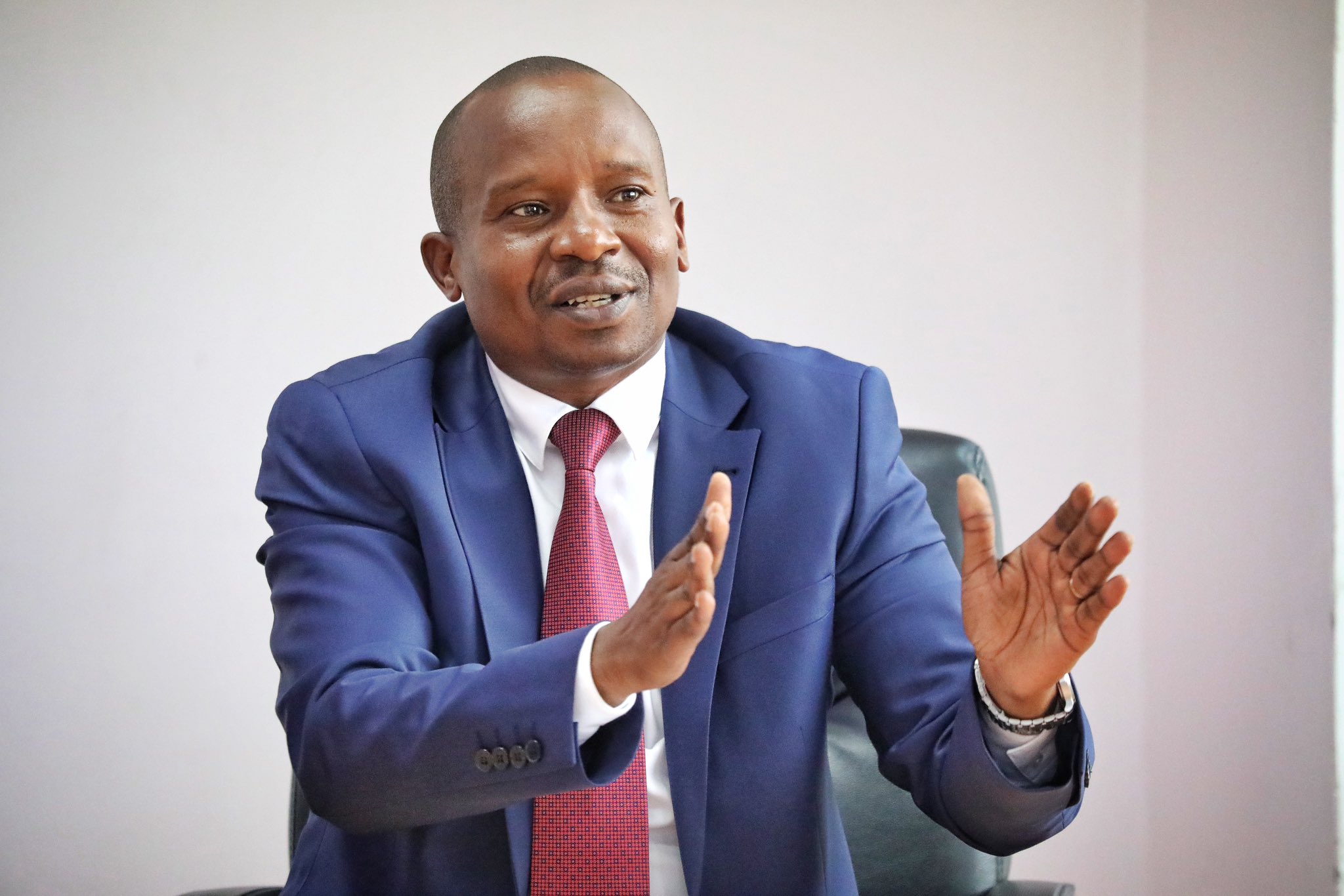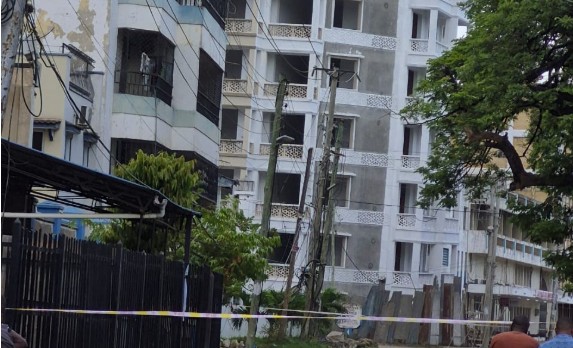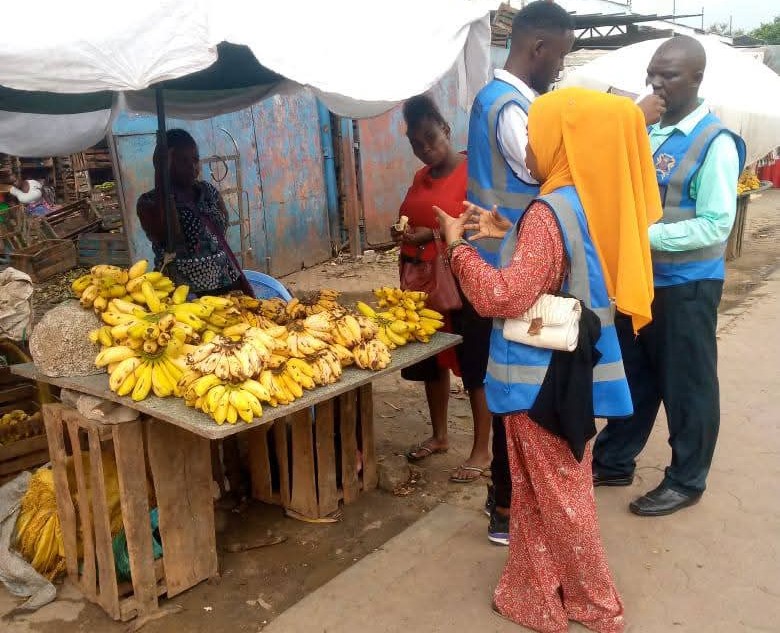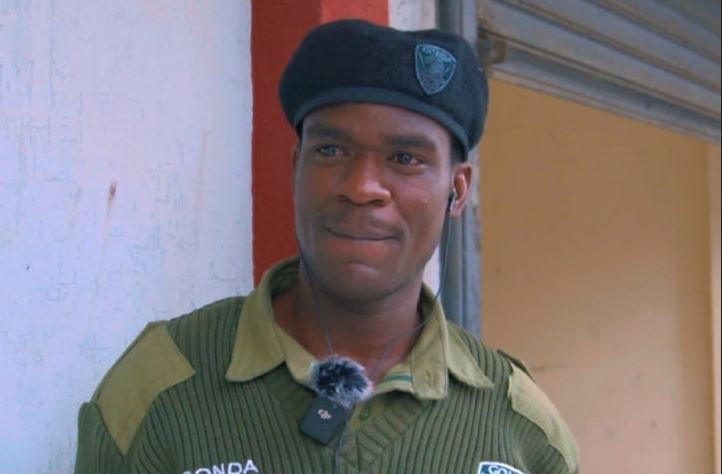Improved water and farming support from Red Cross brings joy to Kilifi residents
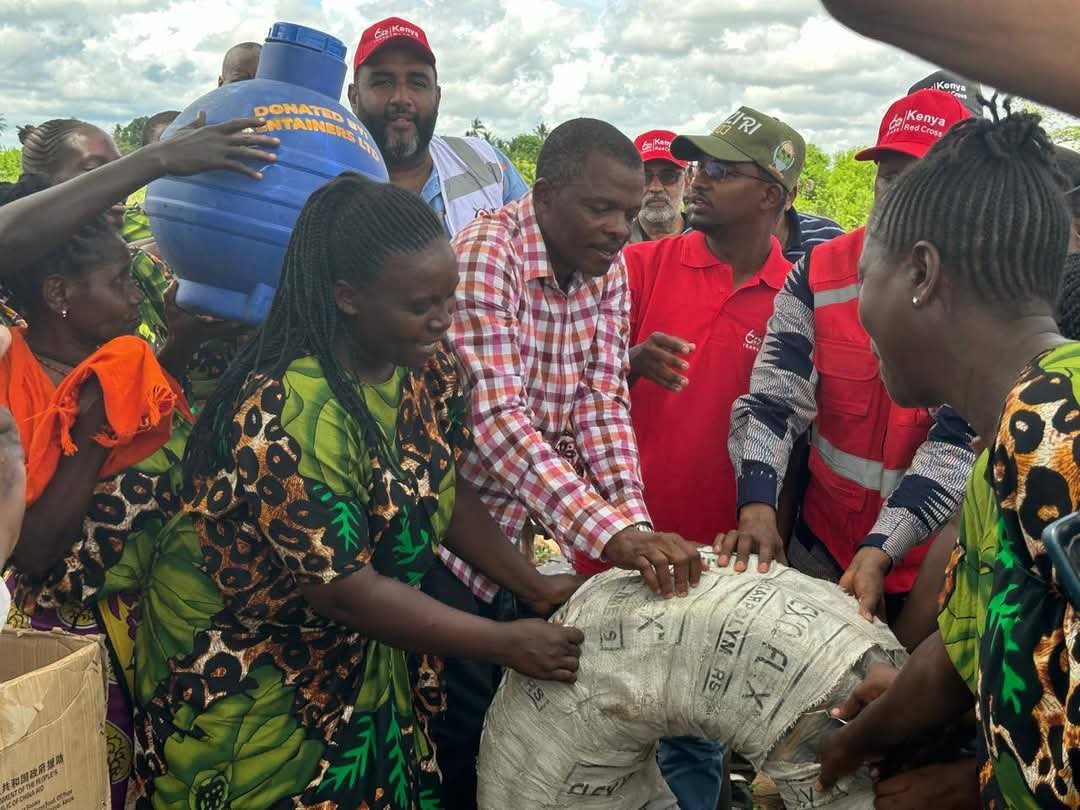
At the heart of the project is a high-capacity borehole that yields up to 33,000 litres of water per hour, supplying two separate water points—one for domestic use and another for agriculture.
Residents and farmers in Kilifi County are celebrating improved access to clean water and agricultural support, thanks to a community water project launched by the Kenya Red Cross to mark its 60th anniversary.
The initiative has brought clean water closer to homes and revived farming activities in an area long affected by water scarcity.
More To Read
At the heart of the project is a high-capacity borehole that yields up to 33,000 litres of water per hour, supplying two separate water points—one for domestic use and another for agriculture.
Alongside the borehole, farmers have been provided with seeds, irrigation kits, and water pumps to boost food production.
“For the first time in years, I can bathe my children without worrying whether we’ll have enough water left for cooking,” said Mwanaharusi Kombe, a mother of four.
“Before this borehole, we used to fetch water from a river that dries up during droughts,” she added.
The sentiment was echoed by 28-year-old farmer Joseph Baya. “They gave us seeds, a water pump, and showed us how to set up irrigation. I used to rely on the rains, but now I can grow tomatoes and sukuma wiki. This is giving me a reason to stay on the farm.”
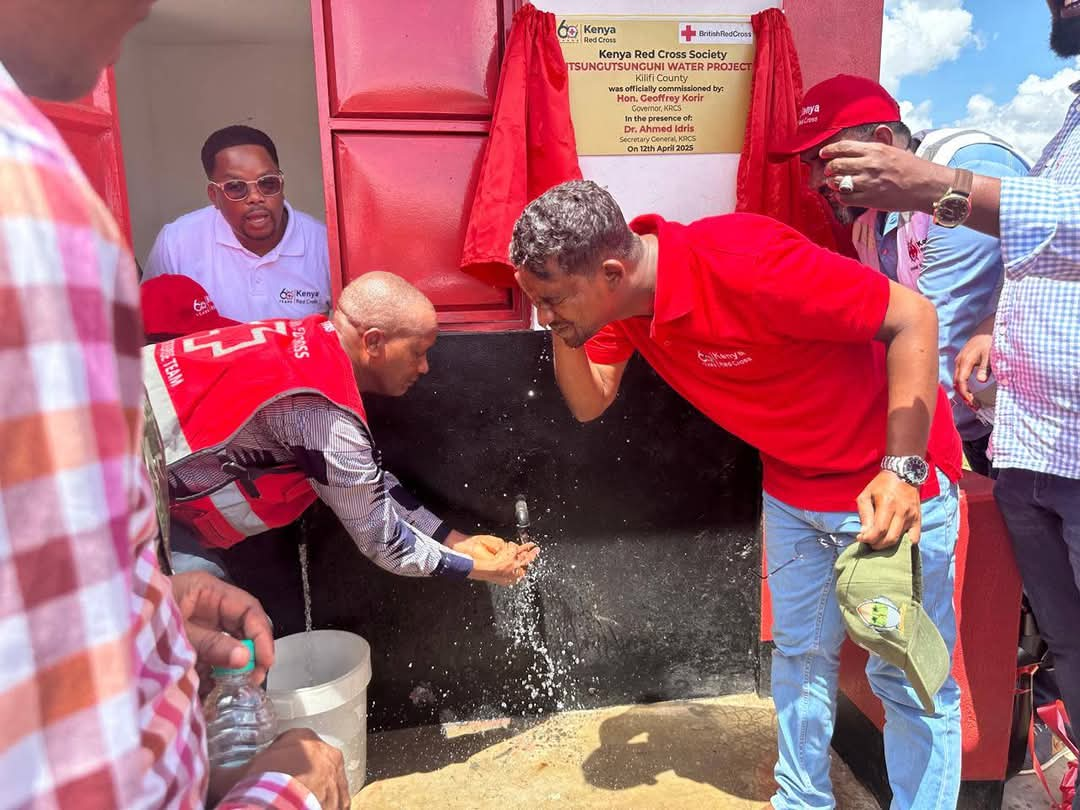 Kenya Red Cross officials during the launch of high-capacity borehole that yields up to 33,000 litres of water per hour. (Farhiya Hussein)
Kenya Red Cross officials during the launch of high-capacity borehole that yields up to 33,000 litres of water per hour. (Farhiya Hussein)
Haji Mwarandu, a village elder, praised the project’s impact on public health. “Many of our children used to fall ill from drinking dirty water. Now, clean water is at our doorstep. We may see fewer cases of stomach illnesses.”
The Kenya Red Cross Society described the initiative as a sustainable development model that prioritises community needs.
“This isn’t just about drilling a borehole—it’s about restoring dignity, improving health, and enabling self-sufficiency,” said Geoffrey Korir, the organisation’s Governor.
He emphasised their goal of fostering resilient communities in control of their futures.
County officials welcomed the project, calling it timely and essential.
Kilifi’s County Executive for Water, Omar Said, said, “We’ve struggled with water access for decades. This project is a step towards ending water poverty in rural Kilifi.”
Rahma Mwavinya, a local youth leader, said the initiative would also empower women and young people. “With irrigation tools, many women can now grow vegetables to sell. It provides income, and that means independence.”
For 63-year-old farmer Mama Amina, the project is a dream come true. “I’ve farmed this land for over 40 years, but this is the first time I’ve seen such support. I wish my late husband could see this. He would be proud.”
Top Stories Today
